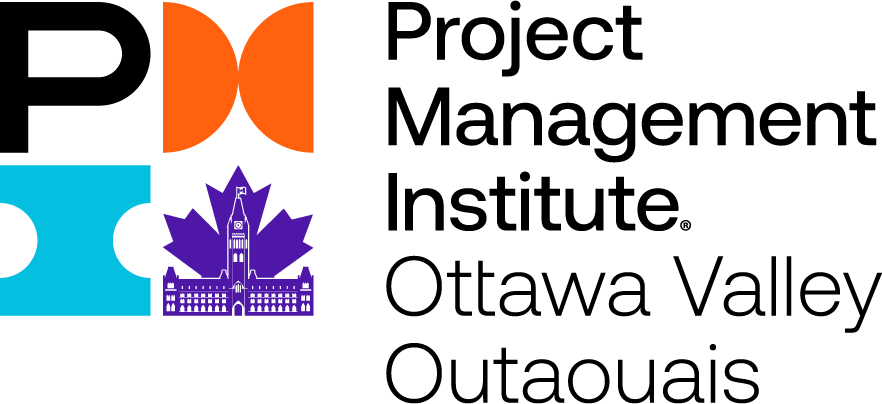Webinar - How to Rescue a Project - Advance Your Problem - Solving Skills
Topic: How to Rescue a Project - Advance Your Problem-Solving Skills
Imagine being in a position that you know exactly what to do to ensure you get to an innovative and acceptable solution when you hit a problem during a sprint. It would give you the ultimate confidence when dealing with project problems; knowing which template to use, who to speak to and what type of questions to ask.
Our objective is to teach participants how to reach a consensus on all aspects of the analysis to foster buy-in and commitment for implementation. If project problems are handled correctly with the right methodology, excellent project management is one of the few ways to prove yourself and gain recognition in the organization.
Ultimately, our goal is to use a problem-solving process that provides you and your team with the “know-how” and confidence to collaborate with Subject Matter Experts; gather factual data, intuitive guesses and creative suggestions on how to solve a problem situation. The aim is to ensure the team keeps momentum and for that they need robust and disciplined templates that would help them to deal with any project challenge without having a glitch. All they need to know is which template to utilize for what type of problem situation.
The problem solving typically involves five templates with worked questions to cater for five types of problem-solving situations. The five project challenges could be usually started when there are many issues, and no one knows how to proceed. The second problem situation is one where there is an ill-defined issue without any clear concept of what is involved. The third situation is a technical deviation from the standard, and the project team needs to find the accurate cause of that deviation before the team can make any progress. The fourth approach involves taking innovative action so that an incident does not reoccur. The last situation is to think creatively on how to avoid anything from going wrong with your implementation. This involves identifying hidden risks and creatively circumvent them in such a way that it does not have any impact on your plan.
Good problem-solving practices have the following characteristics:
- Include the information sources closest to the problem being experienced. It is not about the “best brains” but rather a case of the “most appropriate” brains.
- Information generated is made visible and recorded to help the team to arrive at a commonly supported answer.
- Inputs through collaboration with the right information sources are actively promoted.
The most basic purpose of the critical thinking methodologies is to ensure that the project manager engages the right information sources to answer pre-defined questions which enable the project team to a successful solution. This approach would provide the project manager and team members to reach out to stakeholders in such a way that would stimulate innovative thinking.
Presenter: Christine Aykac, PMI-ACP, PMI-RMP, PMP - Wareness Training and Consulting, Program Manager and Problem Solver
Christine Aykac has over 20 years of experience managing projects and assisting in effective utilization of technologies and knowledge assets. This experience enables her to utilize the most effective methodology for each project and to ensure the success of the teams involved. Further, she provides visionary solutions to complex business and technical challenges for management on critical issues relating to the implementation of new solutions.Ms. Aykac applies her skills to select and perform different project management methodologies for complex projects; utilize robust internal and external networks to obtain a superior understanding of the needs of the businesses served, including criteria for user acceptance; recommend appropriate solutions; and ensure buy-in from stakeholders.She works as a coach, facilitator, program manager and instructor, and is very involved in developing educational materials and customizing awareness programs and workshops. She has authored and taught courses and seminars related to project management, risk, agile, DevOps, lean and critical thinking. She recently became a master trainer for the KEPNERandFOURIE (KANDF)™ Critical Thinking Tools.
Event Information
|
FEES: |
Member - Complimentary Non-Member - $5.00 Registration will close Thursday, February 6, 2020 |
|
PDUs: |
One (1.0) PDU is applicable for PMPs who attend this two (2) hour webinar. The talent triangle allocation is 1 PDU – Leadership |
|
WHEN: |
Saturday, February 8, 2020 |
|
LOCATION: |
Online |
It is no longer possible to register for this event



